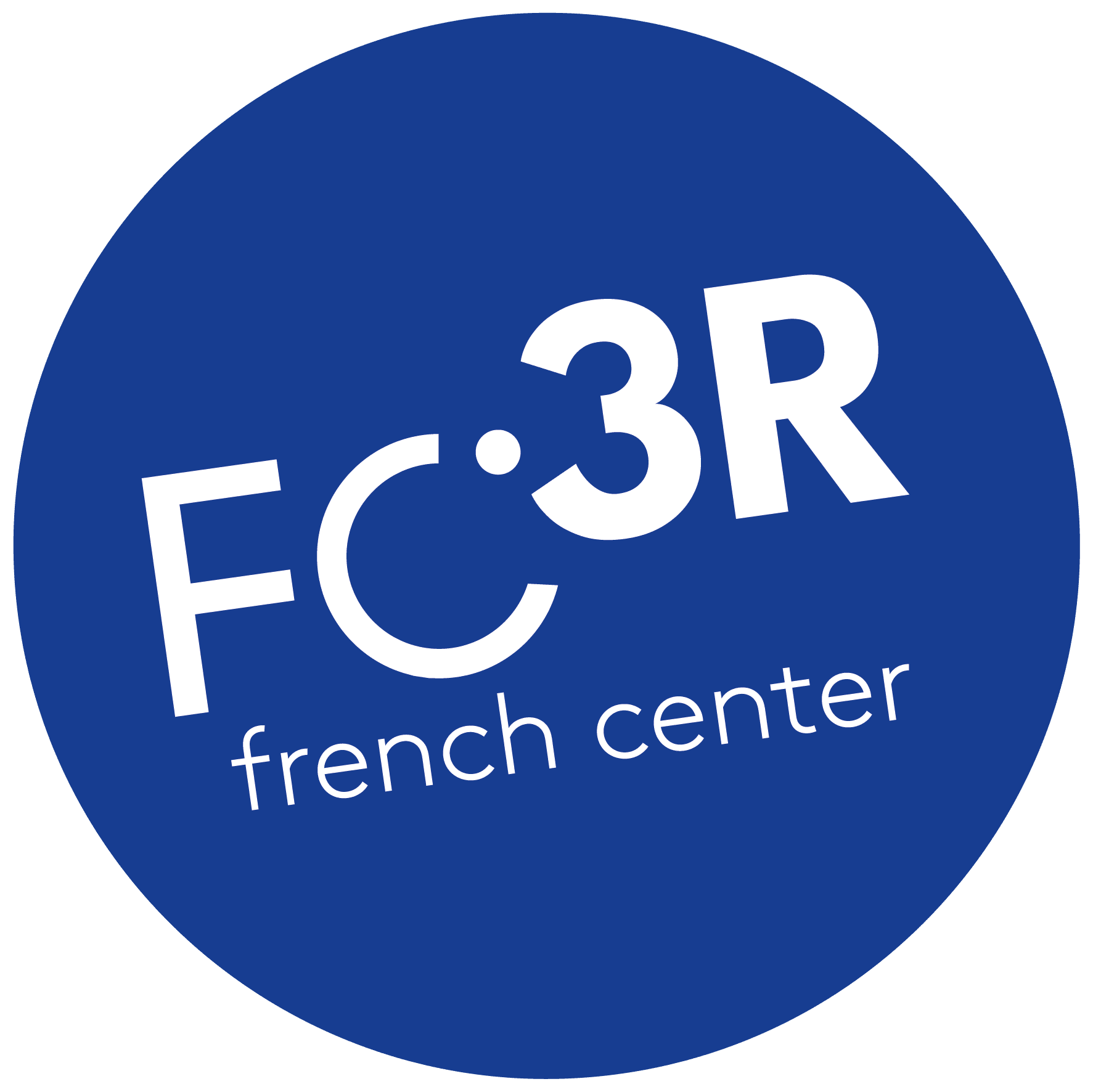
To see or revisit

Find the "Replacement Checklist" webinar.
Download the "Replacement Checklist".
In 2025, FC3R organized a special webinar dedicated to Smafira and 3Ranker.
In 2023, the NC3Rs published a report evaluating calls for projects involving animals in terms of their consideration of the 3Rs principle (Replace, Reduce, Refine). The report made several recommendations to funders, evaluators, and ethics committee members. The main finding was that the "Replacement" principle was the most difficult to apply and did not appear to be taken into account in project review processes. In fact, members of animal welfare and ethical review bodies (AWERB) and members of animal science regulatory unit (ASRU) rarely recommend replacements.
To strengthen consideration of the "Replacement" principle, the British NGO "Replacing Animal Research " developed the "Replacement Checklist" in 2025. The checklist is intended for those who evaluate funding applications or project authorization requests (PARs) involving the use of animals for scientific purposes. Although the checklist is intended for the British public, its principles apply to all European Union countries.
This tool addresses the challenge evaluators and researchers face in identifying alternatives to animal models due to a lack of labeling systems, interdisciplinary collaboration, and clear methodological guidelines. Furthermore, many of the existing guidelines, including PREPARE and ARRIVE, concentrate on reduction and refinement.
Six key questions to guide project design and presentation
The checklist is divided into six themes—What, Where, How, When, Who, and Why— and proposes a series of questions to promote a structured approach shared by all stakeholders, including non-specialists. Project leaders should ask themselves these questions during their bibliographic research, and include answers when completing funding applications, project authorization and transparency documents.
Which areas were covered by the literature review(s)?
Non-animal technologies are often poorly referenced because publications on them do not use standard terms such as: 3Rs (replace, reduce and refine), non-animal methods, NAMs, among others. This underscores the importance of broadening and diversifying the keywords used and adapting them to the relevant discipline. If the results are unsatisfactory, the relevance of the research methodology used should be questioned.
Where was the information obtained?
It is essential to use specialized databases, some of which are unknown to the scientific community, as well as gray literature, such as preprints, reports and ShortNotes. The FC3R via FRIA provides access to the primary English-language databases (see Table 1), and Norecopa offers an extensive directory.
How was the information search conducted?
Specific keywords adapted to each database must be used.
When was the information published and when was the research conducted?
The cited publications should reflect the latest scientific advances.
Who was consulted for advice?
Sources of information can include individuals, networks, or communities of experts, such as the AREA directory, GDR Organoids, GDR Nano, and Microfluidics.
Why were the alternative methods identified not selected or deemed insufficient to replace animal testing?
Results from bibliographic and other research may be rejected if they do not meet the project’s scientific requirements, lack validated data, or have technical limitations that prevent their direct application to the intended research context.
A simple, integrated tool to improve evaluation and scientific quality
The checklist can be integrated directly into funding application forms or used by researchers as a self-assessment tool. No long or complex report is required ; simply indicate the databases consulted, the date of the research, the models explored, and the contacts made with specialized organizations.
The benefits are numerous:
-
For funders, it standardizes evaluations, improves scientific quality, and optimizes the allocation of funds.
-
For research organizations and the private sector, it reinforces ethics, social responsibility, and brand image while stimulating innovation (NAMs).
-
For charitable organizations, it reinforces ethical considerations and transparency, thereby reassuring the public and donors that resources are being used responsibly.
Additionally, it is crucial to encourage researchers and evaluators to take advantage of the free training courses offered to support the implementation of alternative methods. In particular, they should take the EU-52 ETPLAS (Education & Training Platform for Laboratory Animal Science) module "Searching for (existing) alternatives without the use of animal experimentation" (takes a minimum of one hour to complete).
In conclusion, the "Replacement Checklist" is a tool that organizes the search for alternatives to animal testing to harmonize and improve the design and evaluation of research projects.
